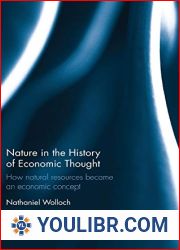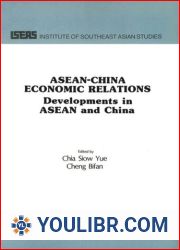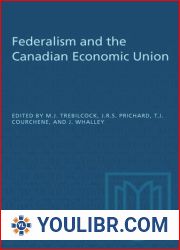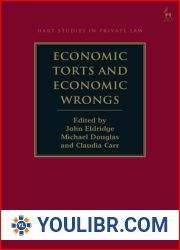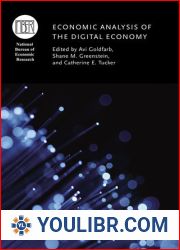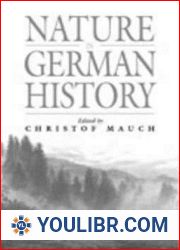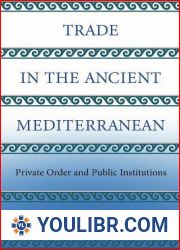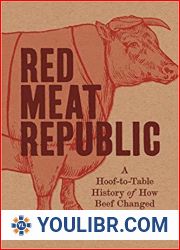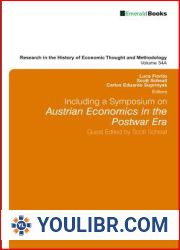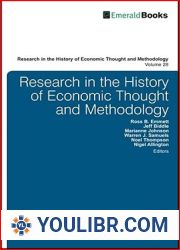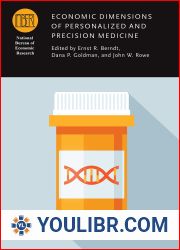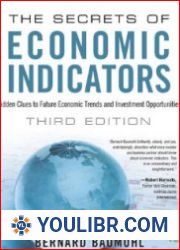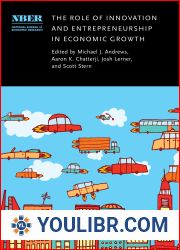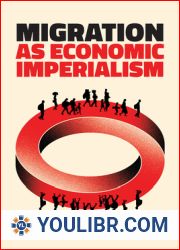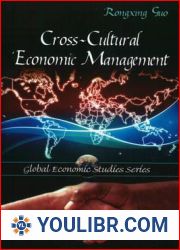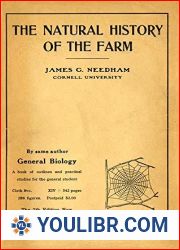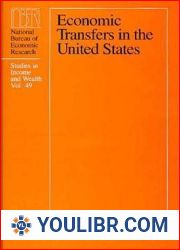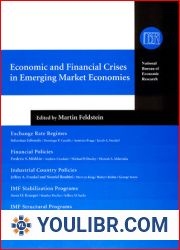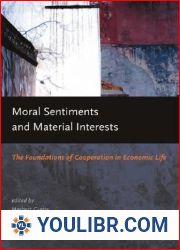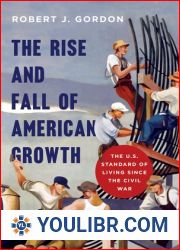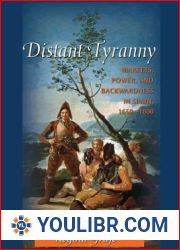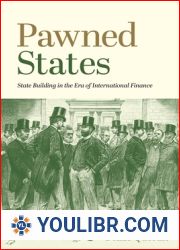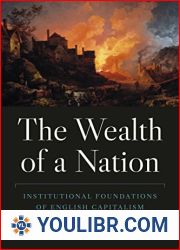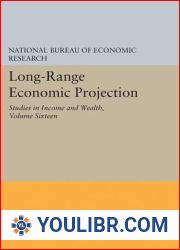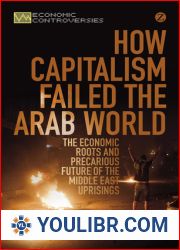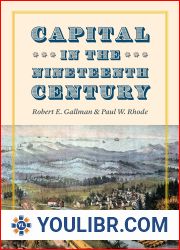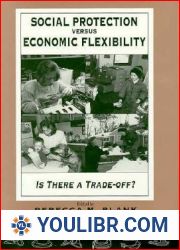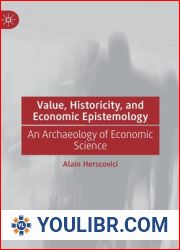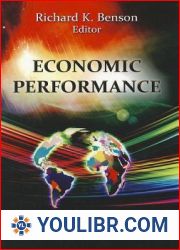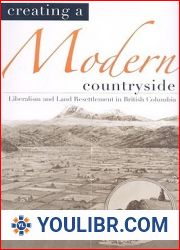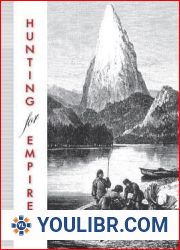
BOOKS - Nature in the History of Economic Thought: How Natural Resources Became an Ec...

Nature in the History of Economic Thought: How Natural Resources Became an Economic Concept
Author: Nathaniel Wolloch
Year: October 7, 2016
Format: PDF
File size: PDF 2.7 MB
Language: English

Year: October 7, 2016
Format: PDF
File size: PDF 2.7 MB
Language: English

Book Description: Nature in the History of Economic Thought: How Natural Resources Became an Economic Concept The book "Nature in the History of Economic Thought" delves into the evolution of the concept of natural resources in the field of economics, tracing its development from ancient times to the present day. The author examines how the perception of nature has shifted over time, from being viewed as a divine gift or a limitless resource to be exploited, to a finite and fragile asset that must be managed sustainably. The book focuses on the period between 16001850 and highlights the contributions of major figures such as Adam Smith, TR Malthus, David Ricardo, and JS Mill, showing how their ideas about nature have influenced the development of modern economic thought. The author argues that even those who were romanticized about the spiritual need for contact with pristine nature ultimately regarded it as an economic resource, demonstrating how the rise of modern sensitivity to nature in the late 18th century was a dialectical reaction to the growing distance of urban civilization from the natural environment.
Природа в истории экономической мысли: как природные ресурсы стали экономической концепцией Книга «Природа в истории экономической мысли» углубляется в эволюцию концепции природных ресурсов в области экономики, прослеживая ее развитие с древнейших времен до наших дней. Автор рассматривает, как восприятие природы с течением времени сместилось от того, чтобы рассматриваться как божественный дар или безграничный ресурс, подлежащий эксплуатации, к конечному и хрупкому активу, которым необходимо управлять устойчиво. Книга посвящена периоду между 16001850 и освещает вклад крупных фигур, таких как Адам Смит, Т. Р. Мальтус, Дэвид Рикардо и Дж. С. Милль, показывая, как их представления о природе повлияли на развитие современной экономической мысли. Автор утверждает, что даже те, кто был романтизирован по поводу духовной потребности в контакте с первозданной природой, в конечном итоге рассматривали её как экономический ресурс, демонстрируя, как подъём современной чувствительности к природе в конце XVIII века был диалектической реакцией на растущее расстояние городской цивилизации от природной среды.
La nature dans l'histoire de la pensée économique : comment les ressources naturelles sont devenues un concept économique livre « La nature dans l'histoire de la pensée économique » s'approfondit dans l'évolution du concept de ressources naturelles dans le domaine de l'économie, retraçant son développement depuis les temps les plus anciens jusqu'à nos jours. L'auteur examine comment la perception de la nature au fil du temps est passée d'un don divin ou d'une ressource illimitée à exploiter à un atout final et fragile qui doit être géré de manière durable. livre traite de la période entre 16001850 et met en lumière les contributions de grandes figures comme Adam Smith, T. R. Maltus, David Ricardo et J. S. Mille, montrant comment leurs conceptions de la nature ont influencé le développement de la pensée économique moderne. L'auteur affirme que même ceux qui ont été romantisés sur le besoin spirituel de contact avec la nature primitive l'ont finalement considérée comme une ressource économique, montrant comment l'élévation de la sensibilité moderne à la nature à la fin du XVIII siècle était une réaction dialectique à la distance croissante de la civilisation urbaine de l'environnement naturel.
La naturaleza en la historia del pensamiento económico: cómo los recursos naturales se convirtieron en un concepto económico libro «La naturaleza en la historia del pensamiento económico» profundiza en la evolución del concepto de recursos naturales en el campo de la economía, trazando su desarrollo desde la antigüedad hasta la actualidad. autor considera cómo la percepción de la naturaleza a lo largo del tiempo ha pasado de ser considerada como un don divino o un recurso ilimitado a explotar a un activo finito y frágil que necesita ser gestionado de forma sostenible. libro trata del periodo comprendido entre 16001850 y destaca las aportaciones de grandes figuras como Adam Smith, T. R. Malthus, David Ricardo y J. S. Mille, mostrando cómo sus ideas sobre la naturaleza influyeron en el desarrollo del pensamiento económico moderno. autor sostiene que incluso aquellos que fueron romantizados sobre la necesidad espiritual de entrar en contacto con la naturaleza prístina terminaron considerándolo como un recurso económico, demostrando cómo el ascenso de la sensibilidad moderna hacia la naturaleza a finales del siglo XVIII fue una reacción dialéctica a la creciente distancia de la civilización urbana con el medio natural.
Natureza na história do pensamento econômico: Como os recursos naturais se tornaram um conceito econômico O livro «A Natureza na História do Pensamento Econômico» aprofundou-se na evolução do conceito de recursos naturais da economia, traçando seu desenvolvimento desde os tempos mais antigos até hoje. O autor vê como a percepção da natureza, ao longo do tempo, passou de ser vista como um dom divino ou um recurso ilimitado a ser explorado para um patrimônio final e frágil que precisa ser gerido de forma sustentável. O livro trata do período entre 16001850 e ilumina as contribuições de grandes figuras, como Adam Smith, T.R. Maltus, David Ricardo e J. S. Mille, mostrando como suas percepções da natureza influenciaram o desenvolvimento do pensamento econômico moderno. O autor afirma que mesmo aqueles romantizados sobre a necessidade espiritual de contato com a natureza original acabaram por considerá-la um recurso econômico, demonstrando como a elevação da sensibilidade moderna à natureza no final do século XVIII era uma reação dialética à crescente distância da civilização urbana do ambiente natural.
La natura nella storia del pensiero economico Come le risorse naturali sono diventate un concetto economico Il libro «La natura nella storia del pensiero economico» approfondisce l'evoluzione del concetto di risorse naturali nel campo dell'economia, tracciando il suo sviluppo dai tempi antichi a oggi. L'autore considera come la percezione della natura sia passata nel tempo da essere considerata un dono divino o una risorsa illimitata da sfruttare a un patrimonio finale e fragile da gestire in modo sostenibile. Il libro è dedicato al periodo tra il 16001850 e mette in luce il contributo di grandi figure come Adam Smith, T.R. Maltus, David Ricardo e J. S. Mille, mostrando come le loro idee sulla natura hanno influenzato lo sviluppo del pensiero economico moderno. L'autore sostiene che anche coloro che erano romantizzati sul bisogno spirituale di contatto con la natura originaria finivano per considerarla una risorsa economica, dimostrando come l'ascesa della sensibilità moderna alla natura alla fine del XVIII secolo fosse una reazione dialettica alla crescente distanza della civiltà urbana dall'ambiente naturale.
Natur in der Geschichte des ökonomischen Denkens: Wie natürliche Ressourcen zu einem ökonomischen Konzept wurden Das Buch „Natur in der Geschichte des ökonomischen Denkens“ vertieft die Entwicklung des Begriffs der natürlichen Ressourcen im Bereich der Wirtschaft und zeichnet seine Entwicklung von der Antike bis zur Gegenwart nach. Der Autor untersucht, wie sich die Wahrnehmung der Natur im Laufe der Zeit von einem göttlichen Geschenk oder einer grenzenlosen Ressource, die ausgebeutet werden soll, zu einem endlichen und fragilen Gut verschoben hat, das nachhaltig verwaltet werden muss. Das Buch widmet sich der Zeit zwischen 16001850 und beleuchtet die Beiträge großer Persönlichkeiten wie Adam Smith, T.R. Malthus, David Ricardo und J.S. Mill und zeigt, wie ihre Vorstellungen von der Natur die Entwicklung des modernen ökonomischen Denkens beeinflusst haben. Der Autor argumentiert, dass selbst diejenigen, die über das spirituelle Bedürfnis nach Kontakt mit der ursprünglichen Natur romantisiert wurden, sie schließlich als wirtschaftliche Ressource betrachteten und demonstrierten, wie der Anstieg der modernen Sensibilität für die Natur im späten 18. Jahrhundert eine dialektische Reaktion auf die wachsende Entfernung der städtischen Zivilisation von der natürlichen Umwelt war.
Nature in the History of Economic Thought: How Natural Resources הפך לתפיסה כלכלית הספר "Nature in the History of Economic Thought'מתעמק באבולוציה של מושג משאבי הטבע בתחום הכלכלה, תוך התחקות אחר התפתחותו מימי קדם ועד ימינו. המחבר רואה כיצד תפיסת הטבע עברה עם הזמן מראייה של מתנה אלוהית או משאב בלתי מוגבל שיש לנצל לנכס סופי ושברירי שצריך לנהל באופן בר קיימא. הספר מתמקד בתקופה שבין 16001850 לבין הדגשת תרומותיהם של דמויות מרכזיות כגון אדם סמית, טי אר מלתוס, דיוויד ריקרדו וג 'יי אס מיל, ומראה כיצד רעיונותיהם על הטבע השפיעו על התפתחות המחשבה הכלכלית המודרנית. המחבר טוען שאפילו אלה שהתייחסו ברומנטיקה לצורך הרוחני במגע עם טבע טהור ראו בו בסופו של דבר משאב כלכלי, והדגימו כיצד עליית הרגישות המודרנית לטבע בסוף המאה ה-18 הייתה תגובה דיאלקטית למרחק ההולך וגדל של התרבות העירונית מהסביבה הטבעית.''
İktisadi Düşünce Tarihinde Doğa: Doğal Kaynaklar Nasıl Ekonomik Bir Kavram Haline Geldi? "İktisadi Düşünce Tarihinde Doğa" kitabı, antik çağlardan günümüze kadar gelişimini izleyerek, iktisat alanında doğal kaynaklar kavramının evrimini incelemektedir. Yazar, doğa algısının zaman içinde, sömürülecek ilahi bir hediye veya sınırsız bir kaynak olarak görülmekten, sürdürülebilir bir şekilde yönetilmesi gereken sınırlı ve kırılgan bir varlığa nasıl kaydığını düşünmektedir. Kitap 16001850 arasındaki döneme odaklanıyor ve Adam Smith, T. R. Malthus, David Ricardo ve J. S. Mill gibi önemli figürlerin katkılarını vurgulayarak doğa hakkındaki fikirlerinin modern ekonomik düşüncenin gelişimini nasıl etkilediğini gösteriyor. Yazar, bozulmamış doğa ile temas kurmanın manevi ihtiyacı hakkında romantikleşenlerin bile nihayetinde onu ekonomik bir kaynak olarak gördüklerini ve 18. yüzyılın sonunda doğaya karşı modern duyarlılığın yükselişinin nasıl olduğunu gösterdiğini savunuyor. kentsel uygarlığın doğal çevreden uzaklaşmasına diyalektik bir tepki.
الطبيعة في تاريخ الفكر الاقتصادي: كيف أصبحت الموارد الطبيعية مفهومًا اقتصاديًا يتعمق كتاب «الطبيعة في تاريخ الفكر الاقتصادي» في تطور مفهوم الموارد الطبيعية في مجال الاقتصاد، ويتتبع تطوره من العصور القديمة إلى يومنا هذا. ينظر المؤلف في كيفية تحول تصور الطبيعة بمرور الوقت من أن يُنظر إليه على أنه هدية إلهية أو مورد لا حدود له ليتم استغلاله إلى أصل محدود وهش يحتاج إلى إدارة مستدامة. يركز الكتاب على الفترة بين 16001850 ويسلط الضوء على مساهمات الشخصيات الرئيسية مثل آدم سميث وتي آر مالثوس وديفيد ريكاردو وجي إس ميل، موضحًا كيف أثرت أفكارهم حول الطبيعة على تطور الفكر الاقتصادي الحديث. يجادل المؤلف بأنه حتى أولئك الذين تم إضفاء الطابع الرومانسي عليهم بشأن الحاجة الروحية للاتصال بالطبيعة البكر اعتبروها في النهاية موردًا اقتصاديًا، مما يدل على أن ظهور الحساسية الحديثة للطبيعة في نهاية القرن الثامن عشر كان رد فعل جدلي على المسافة المتزايدة للحضارة الحضرية من البيئة الطبيعية.
경제 사상의 역사에서 자연: 자연 자원이 경제 개념이 된 방법 "경제 사상의 역사에서 자연" 이라는 책은 경제 분야의 천연 자원 개념의 진화를 탐구하여 고대부터 현재까지의 발전을 추적합니다. 저자는 자연에 대한 인식이 시간이 지남에 따라 지속적으로 관리해야하는 유한하고 연약한 자산으로 악용 될 신성한 선물이나 무한한 자원으로 여겨지는 방법을 고려합니다. 이 책은 16001850 년 사이의 기간에 중점을두고 있으며 Adam Smith, T. R. Malthus, David Ricardo 및 J.S. Mill과 같은 주요 인물의 기여를 강조하며 자연에 대한 그들의 아이디어가 현대 경제 사상의 발전에 어떤 영향을 미쳤는지 보여 저자는 깨끗한 자연과의 접촉에 대한 영적 필요성에 대해 낭만적 인 사람들조차도 궁극적으로 그것을 경제 자원으로 보았으며, 18 세기 말 자연에 대한 현대의 민감성의 상승이 자연 환경에서 도시 문명의 거리.
經濟思想史上的自然:自然資源如何成為經濟概念。《經濟思想史上的自然》一書深入探討了經濟學領域自然資源概念的演變,追溯了從古代到今天的發展。作者研究了自然感知如何隨著時間的流逝而從被視為神聖的禮物或要開發的無限資源轉變為需要可持續管理的有限和脆弱的資產。該書涵蓋了16001850之間的時期,涵蓋了Adam Smith,T.R. Malthus,David Ricardo和J.S. Mille等主要人物的貢獻,展示了他們對自然的觀念如何影響現代經濟思想的發展。作者認為,即使是那些因與原始自然接觸的精神需求而浪漫化的人最終也將其視為一種經濟資源,展示了18世紀後期對自然的現代敏感性的興起是如何對城市文明與自然環境的距離越來越遠的一種辯證反應。







